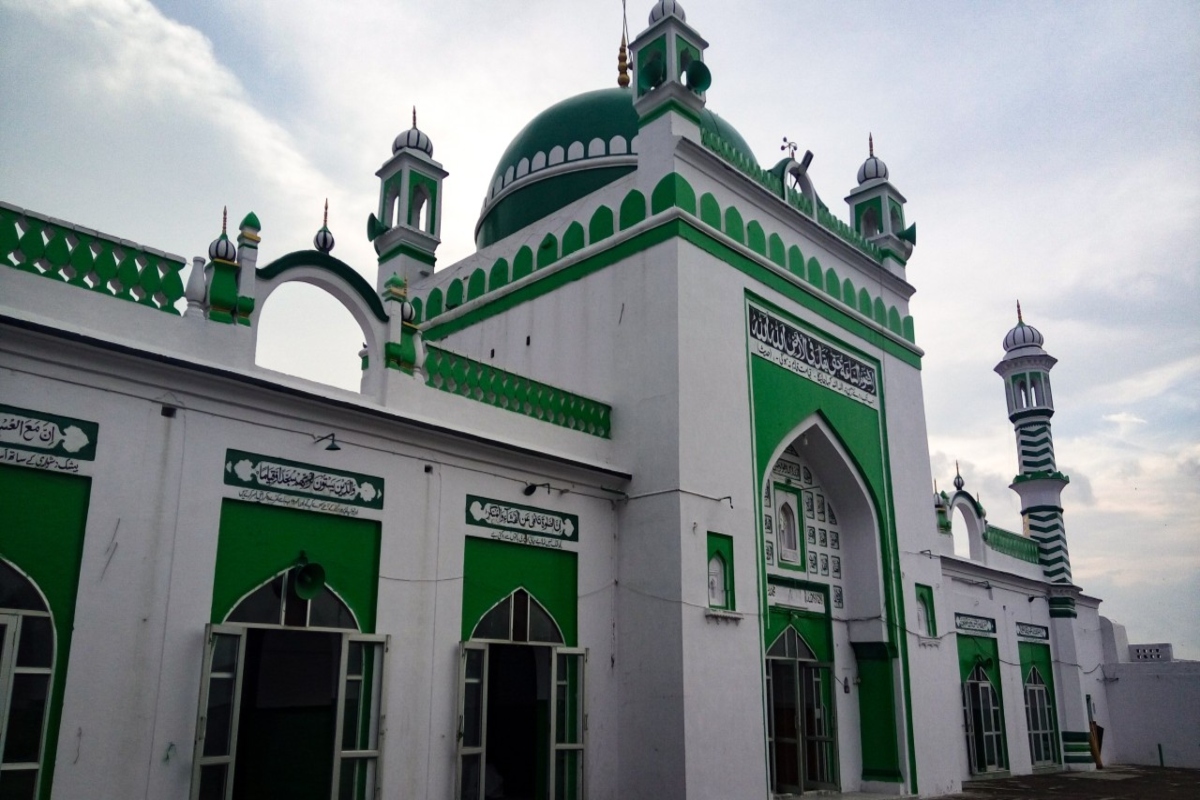

NEW DELHI: The 16th-century Jama Masjid in Sambhal has become the centre of a contentious legal and ideological battle, reminiscent of Ayodhya’s Babri Masjid case.
This dispute, alleging the mosque was built over a Hindu temple, forms a key focus in journalist Aarti Tikoo’s forthcoming book, ‘Nehru’s India, Modi’s Bharat’, set to release under the Sir Jadunath Sarkar Fellowship by the Foundation for Indian Historical and Cultural Research (FIHCR).
Tikoo recently shared a snippet from her book on her ‘X’ account, focused on evidence of the Harihar Temple unearthed in the Sambhal Museum.
Evidence of the Harihar Temple has been discovered in the Sambhal Museum, providing proof of the temple’s authenticity. A Sudarshan Chakra of Lord Vishnu and a 1500-year-old idol were found during excavations. The idol is even older than the Mughal period.
In view of this news, …
— Aarti Tikoo Singh (@AartiTikoo) December 1, 2024
The findings, including a 1500-year-old idol and Vishnu’s Sudarshan Chakra, align with a 1924 report by Jawaharlal Nehru, documenting Sambhal’s ancient significance and the communal strife following the mosque’s construction.
The mosque, built during Babur’s reign, features Persian inscriptions and Mughal-era architecture. However, advocates, including Vishnu Shanker Jain, claim it stands on the ruins of a Kalki temple destroyed during Babur’s invasion.
ALSO READ: SC stalls trial court proceedings in Sambhal Mosque dispute – THE NEW INDIAN
They argue that texts like Baburnamah substantiate this and have petitioned for unrestricted Hindu access to the site. Recently a court-ordered survey on November 19, inflamed tensions, with violent protests by the Muslim and mosque communities.
These clashes between the police and protesters resulted in four deaths, 30 injured officers, and extensive property damage, forcing the imposition of prohibitory orders and internet suspensions in the area.
Critics, including MP Ziaur Rehman Barq, condemned the survey as a violation of the 1991 Places of Worship Act, which preserves the post-independence religious status quo.
Amid accusations of judicial overreach, the Archaeological Survey of India’s involvement and government inaction have drawn sharp criticism.
ALSO READ: FIHCR announces inaugural Sir Jadunath Sarkar Fellows – THE NEW INDIAN
Selected under initiatives like the Sir Jadunath Sarkar Fellowship, FIHCR strives to empower Indian scholars to reclaim the country’s story, presenting it through authentic, indigenous perspectives, Tikoo’s book delves into these disputes, juxtaposing Nehru’s historical insights with contemporary interpretations under Modi’s leadership.
With the unfolding of the Sambhal case, the book intersects history, religion, and politics, adding yet another chapter to India’s complex heritage.
The upcoming book is set to be one of such contributions towards reshaping Indian historiography, bridging ancient narratives with today’s cultural debates.